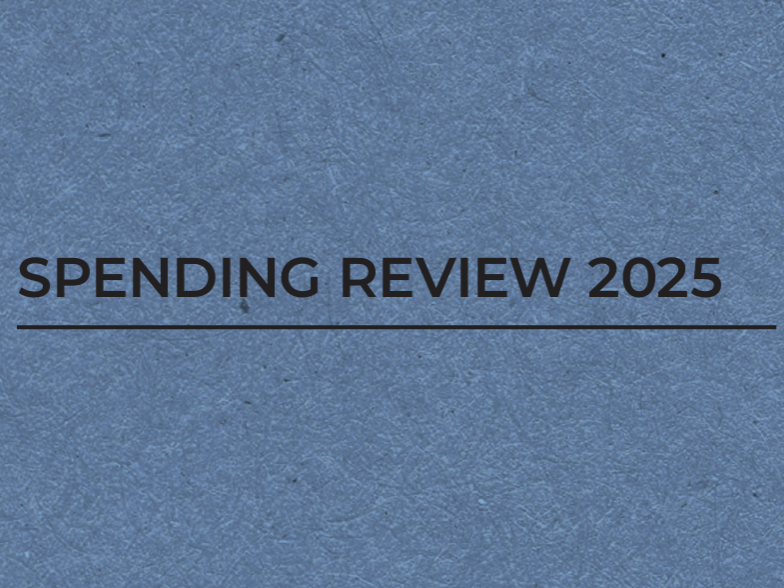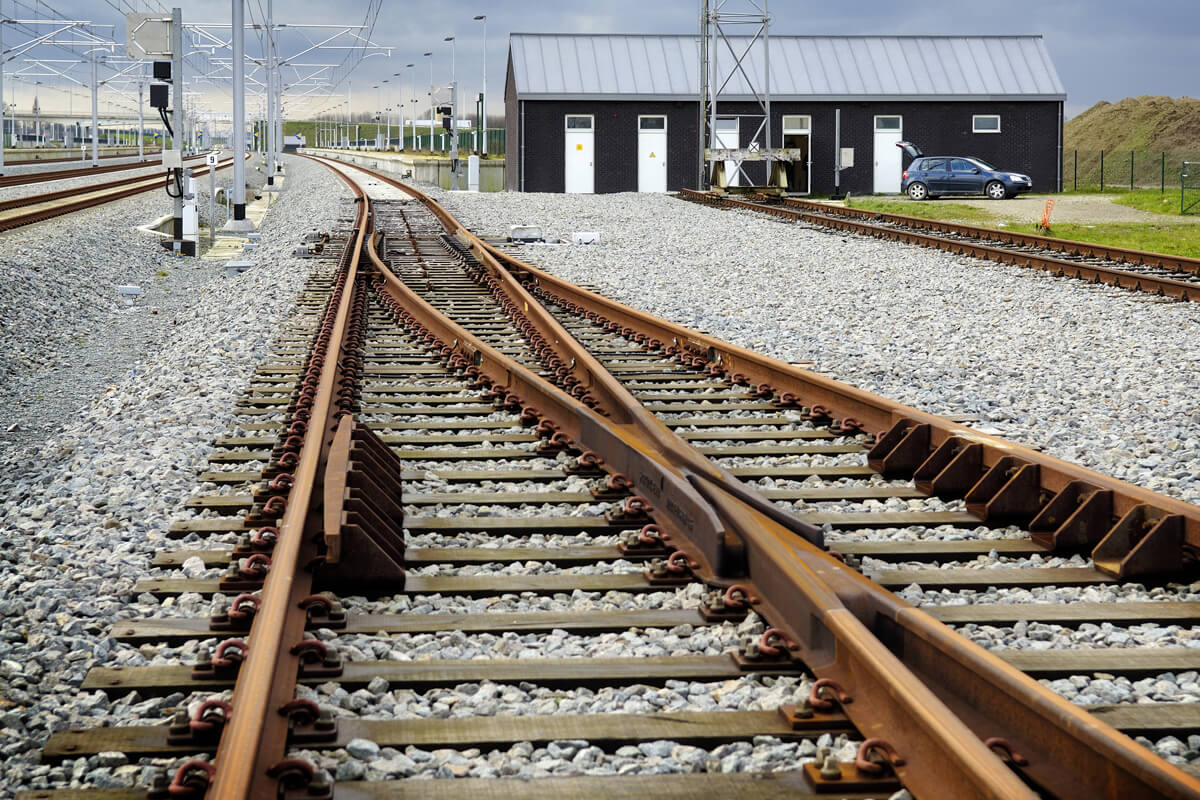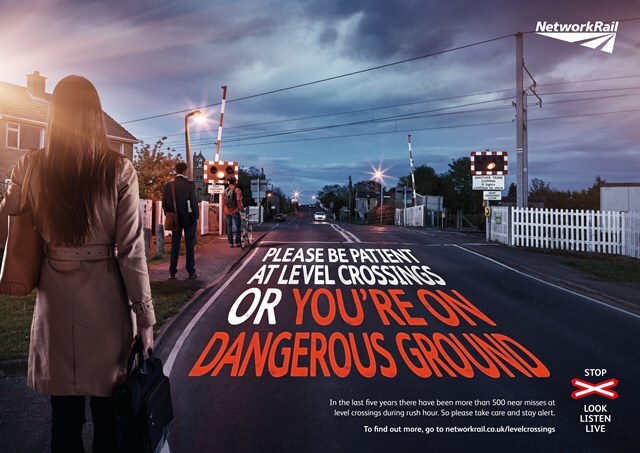RSSB has produced a short film (view it here) that looks at post-traumatic stress disorder (PTSD) in the rail industry. Its aim is to highlight the issue and assist companies in the rail industries to look after their members of staff as best they can.

PTSD: Case Studies & the Culture of Seeking Help
The film presents its message with two case studies: Michael Setchell, a train driver, and Mick Carney, a member of station staff. They talk on film about the traumatic events they experienced that caused them to develop PTSD and the impact it went to have on their lives.
Importantly, the film also touches on the culture around seeking help. It is important that staff members are not worried about being stigmatised for seeking help, that they will be heard when they open up, that the necessary services will be available to them and that they do not risk being penalised professionally because of their experiences.
To contextualise the personal experiences described the film also addresses some of the medical background behind PTSD, what causes it and what happens in the brains of people suffering from it.
Deaths on the Railways
Exposure to death or injury, threats at work and other distressing experiences won’t cause PTSD in everyone but front-line railway staff are susceptible. In the UK in 2017–18 297 individuals died on the railway of which 249 were suicides or suspected suicides, while the others were trespassers, people using level crossings and people on trains and at stations.
Prevention, awareness and treatment are all important aspects of a healthy workplace environment. The rail industry has been aware of PTSD among its workers and has now committed to improving how mental wellbeing among members of staff is handled. Another focus is on members of staff being better trained at recognising the symptoms of PTSD themselves and working in a culture where coming forward for treatment is seen as positive.
Focusing on Mental Wellbeing
Looking after staff in this way is not just a good in and of itself, it is also safer: a member of staff who has not received the right support and treatment after a traumatic event will not be as able to undertake safety-critical tasks that require complete concentration and excellent recall, which puts others at risk.
It makes sense to treat mental wellbeing the same way as any other occupational hazard. Progressive rail companies are putting in place specific and targeted support to protect their workers.
In a survey conducted by RSSB the organization found that of 700 front-line staff, almost 95% experienced workplace abuse in the last year, and more than 25% experienced physical assaults. 30% said their received verbal abuse on a daily basis.
RSSB’s Mental Wellbeing Specialist Michelle O’Sullivan said:
‘Everyone will respond to a traumatic experience differently. For some, returning to work shortly after the incident may feel best, for others more time and targeted support may be needed. With access to the right treatment and support, the majority will recover and be able to return to work. PTSD is a medical condition which changes the individual’s brain chemistry, leaving people struggling to process traumatic events. It can affect memory, concentration, sleep, social interactions, all of which could impact someone in the workplace. But PTSD is a treatable condition, and there are steps companies can take to ensure cases can be detected and remedied sensitively.’
RSSB lists resources on its site, including contact details for their mental wellbeing specialists here.






















